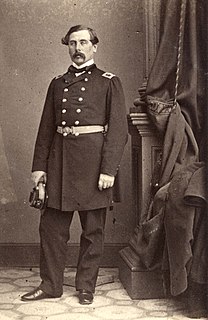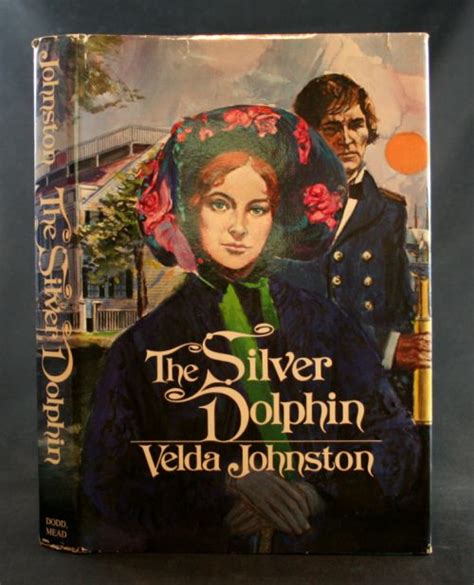A Quote by George Orwell
England is perhaps the only great country whose intellectuals are ashamed of their own nationality.
Quote Topics
Related Quotes
England is perhaps the only great country whose intellectuals are ashamed of their own nationality. In left-wing circles it is always felt that there is something slightly disgraceful in being an Englishman and that it is a duty to snigger at every English institution, from horse racing to suet puddings. It is a strange fact, but it is unquestionably true that almost any English intellectual would feel more ashamed of standing to attention during God save the King than of stealing from a poor box.
An entirely new factor has appeared in the social development of the country, and this factor is the Irish-American, and his influence. To mature its powers, to concentrate its action, to learn the secret of its own strength and of England's weakness, the Celtic intellect has had to cross the Atlantic. At home it had but learned the pathetic weakness of nationality; in a strange land it realised what indomitable forces nationality possesses. What captivity was to the Jews, exile has been to the Irish: America and American influence have educated them.
Truth as a cultural ideal has functioned as an opiate, perhaps the only serious opiate of the modern world. Karl Marx said that religion was the opiate of the masses. Raymond Aron retorted that Marxist ideas were in turn the opiate of the intellectuals. There is perspicacity in both these polemical thrusts. But is perspicacity truth? I wish to suggest that perhaps truth has been the real opiate, of both the masses and the intellectuals.
Why do people speak of great men in terms of nationality? Great Germans, great Englishmen? Goethe always protested against being called a German poet. Great men are simply men and are not to be considered from the point of view of nationality, nor should the environment in which they were brought up be taken into account.
I feel myself always the patriot of all oppressed fatherlands. Nationality is a historic, local fact which, like all real and harmless facts, has the right to claim general acceptance. Every people, like every person, is involuntarily that which it is and therefore has a right to be itself. Nationality is not a principle; it is a legitimate fact, just as individuality is. Every nationality, great or small, has the incontestable right to be itself, to live according to its own nature. This right is simply the corollary of the general principal of freedom.






































